FOMA 19: Forgotten Memories
A memorable field trip to the monuments of the socialist Yugoslavia under the mentorship of Luka Skansi, Sanja Horvatinčić and Vida Rucli was leading students to discover forgotten memories of Yugoslav Peoples’ Liberation Struggle monuments.
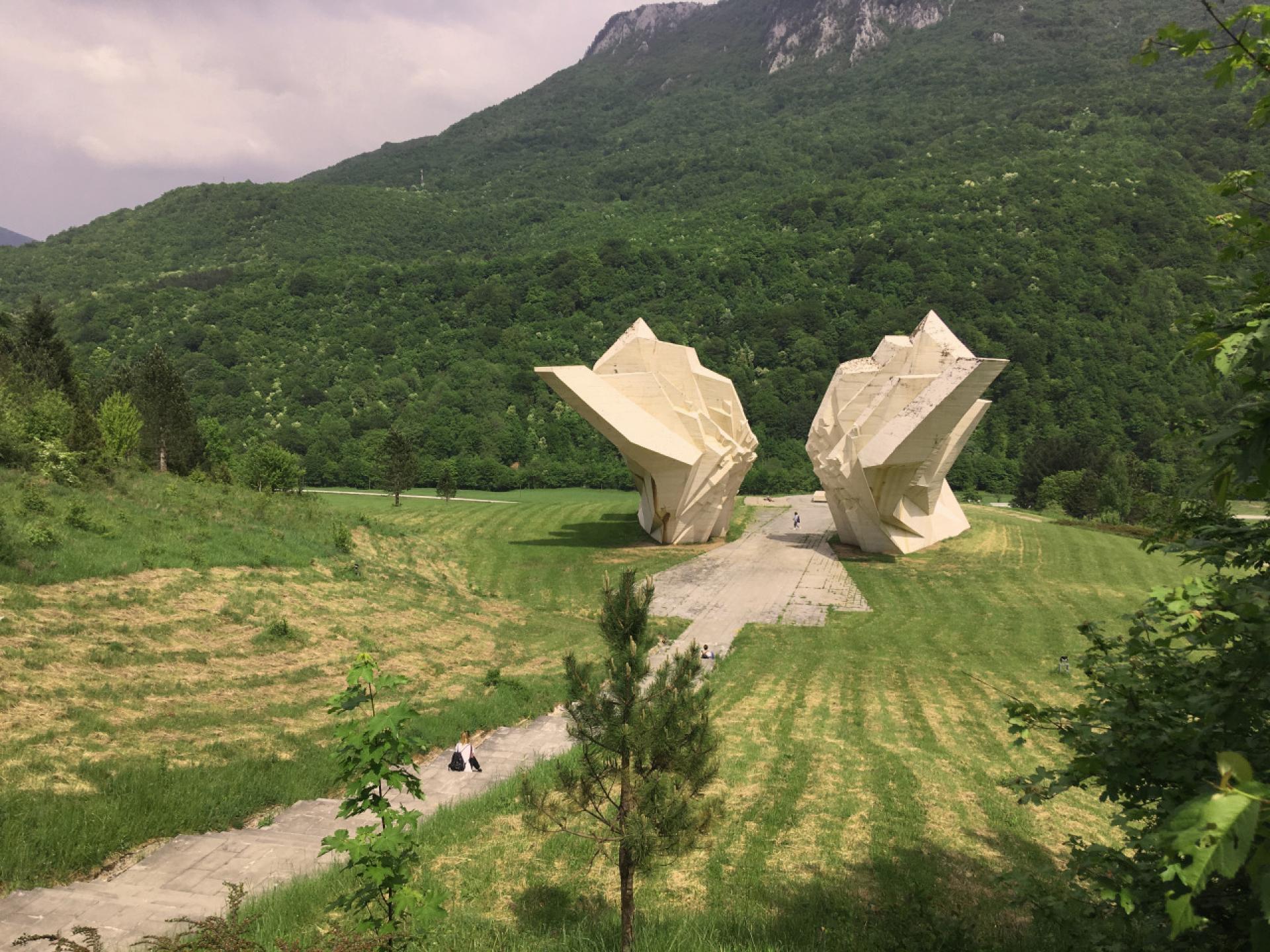
The Monument for the Battle on Sutjeska by Ranko Radović, Miodrag Živković (1972) creates a memorable portal. | Photo by Zala Koleša
To talk about monuments dedicated to WWII events in socialist Yugoslavia as forgotten masterpieces seems inapropriate or at least paradoxical, as these monuments received enormous interest during the last several years. As Horvatinčić (2012) notice, "the popularity of these commemorative sculptures, built in the territory of ex Yugoslavia mainly between the fifties and the seventies, provoked a circulation of superficial and sometimes even wrong information, not only about the monuments themselves but also about the relations between Yugoslavian politics and the topic of monuments."
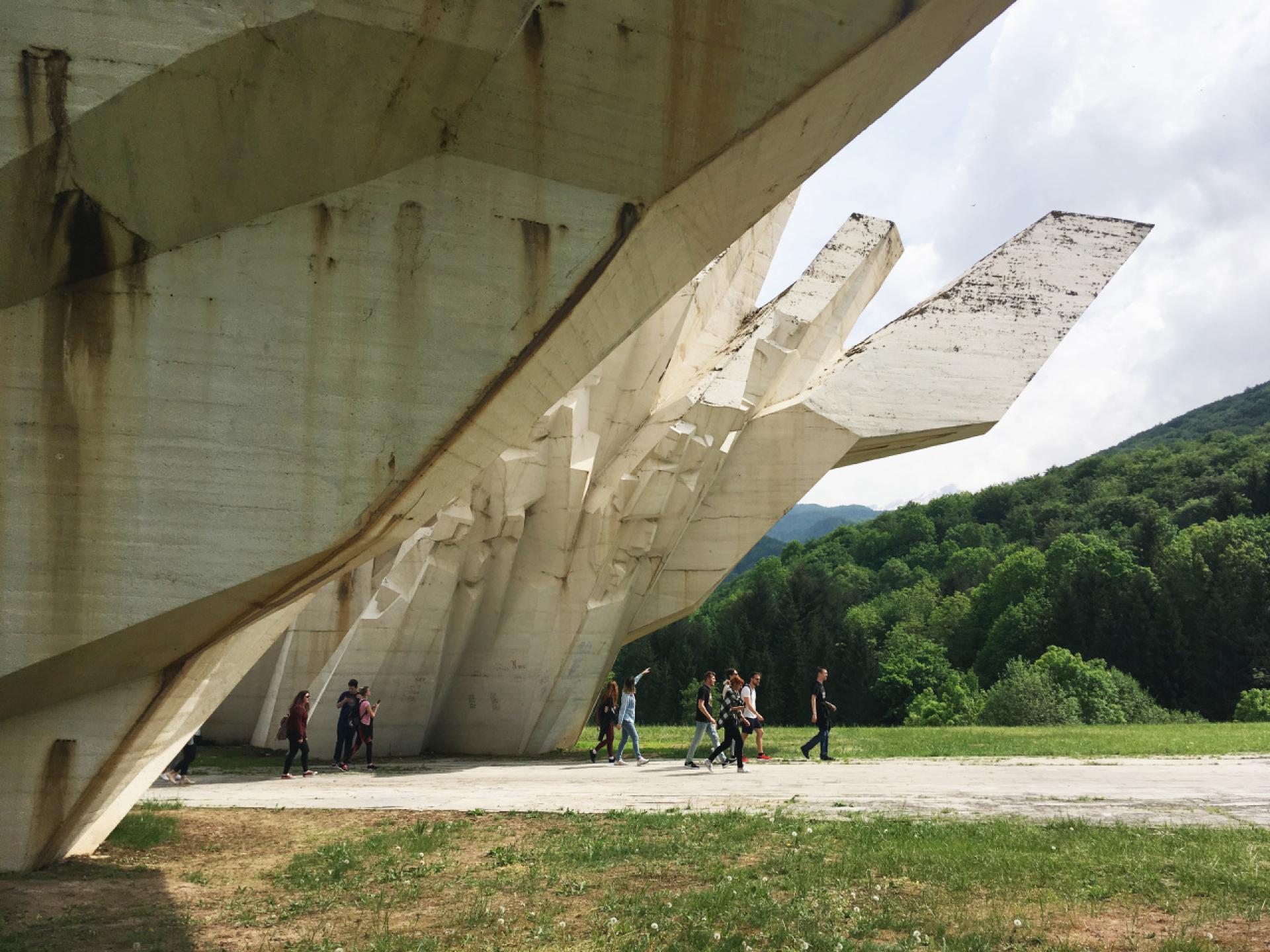
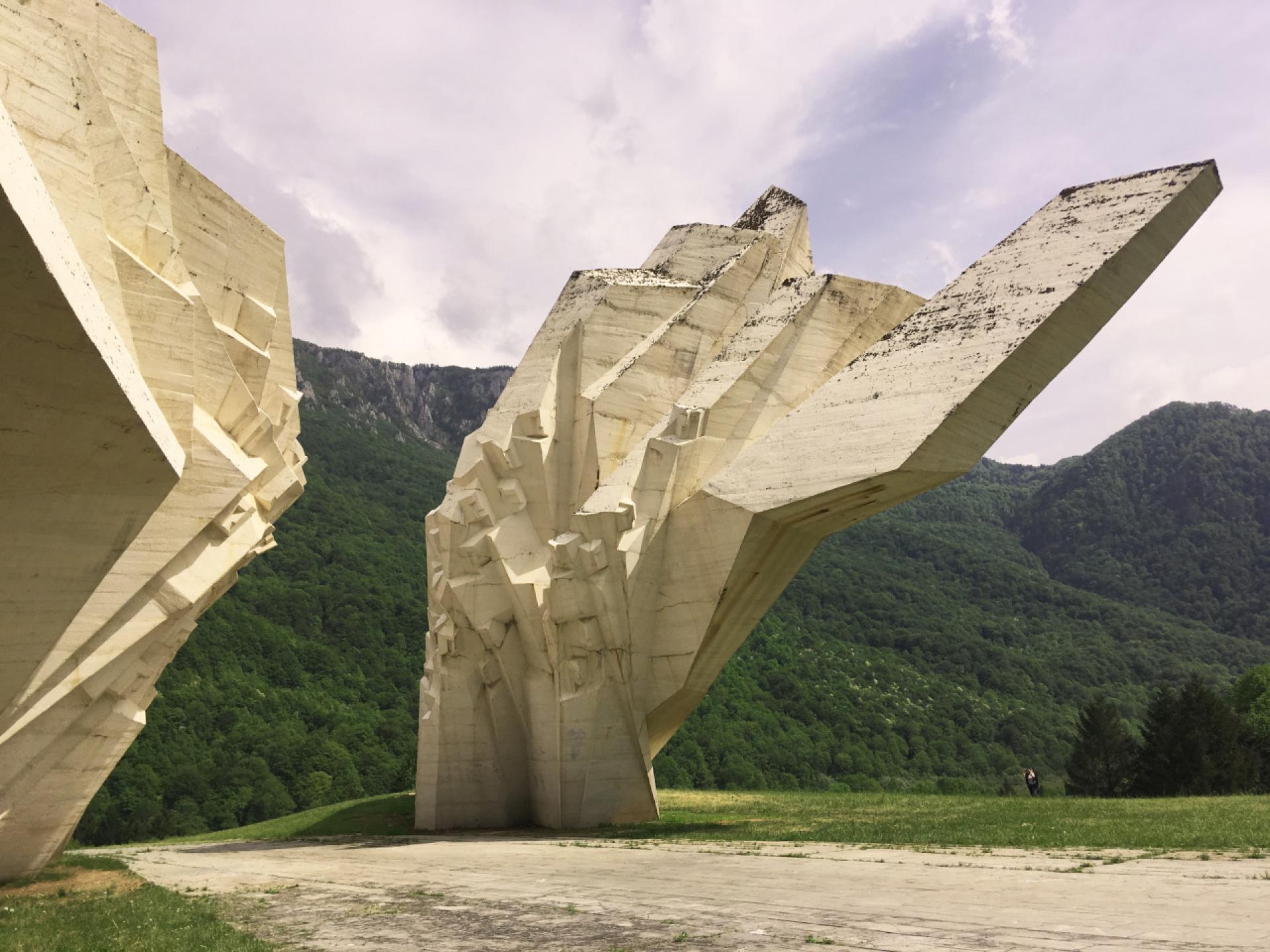
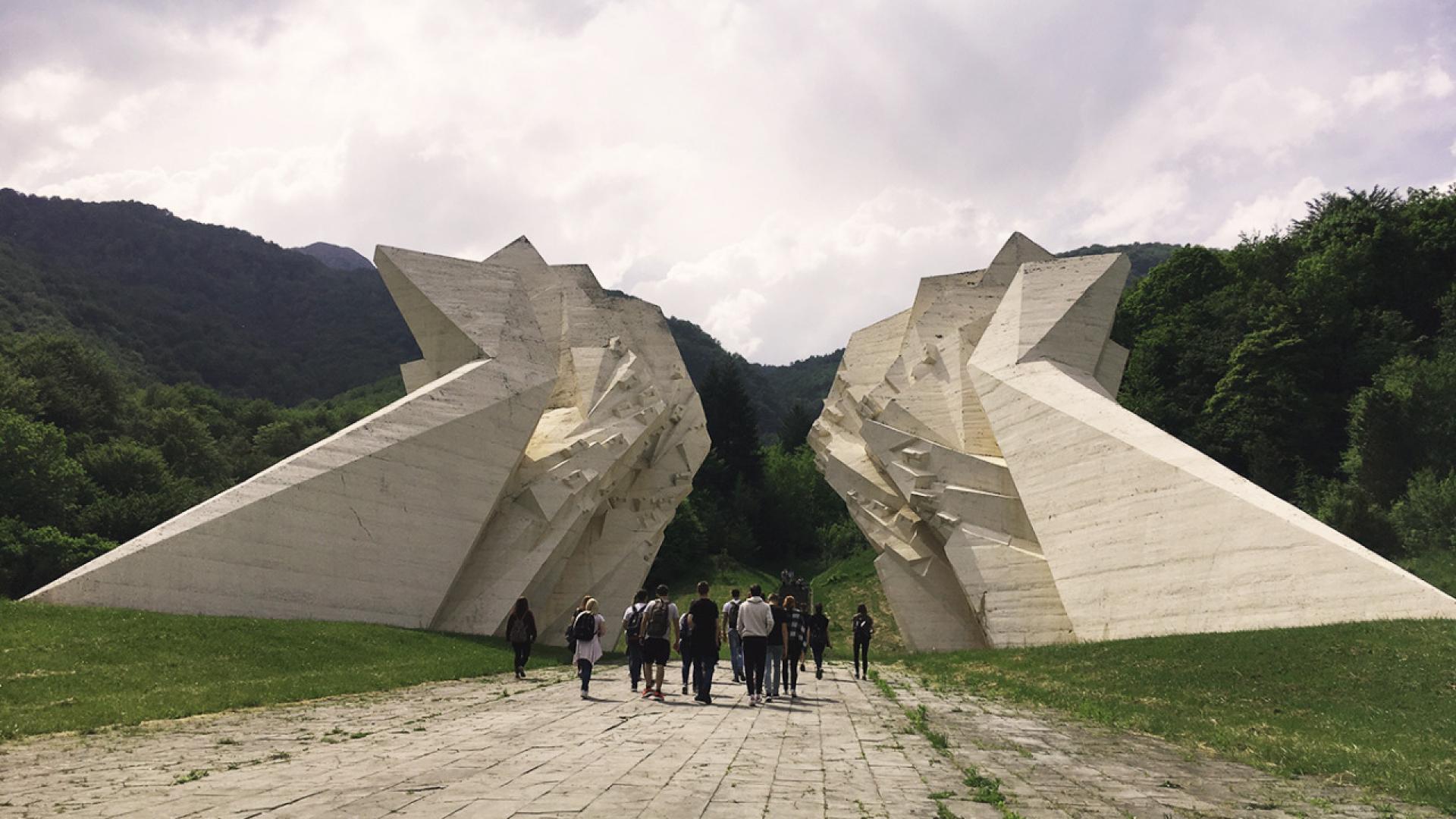
Entering the Valley of Heroes. | Photo analysis by Zala Koleša
"One of the most recurrent mistakes is the idea that monuments in the 1960s and 70s were commissioned by the president Tito himself, implying that the abstraction coincided with his personal taste. This is not only wrong, but casts a completely different shadow on the nature of commemorative cultural policy in Yugoslavia. Depending on the period, the monument were commissioned either by local communities or by the official state organization which systematically took care of all aspects of preserving and fostering revolutionary tradition, which included competitions for monuments, their renovation and systematization" (Horvatinčić, 2012). In short, the popularity of this topic - due to the aesthetic appeal of the monuments ruins - led to the spread of wrong historical facts.
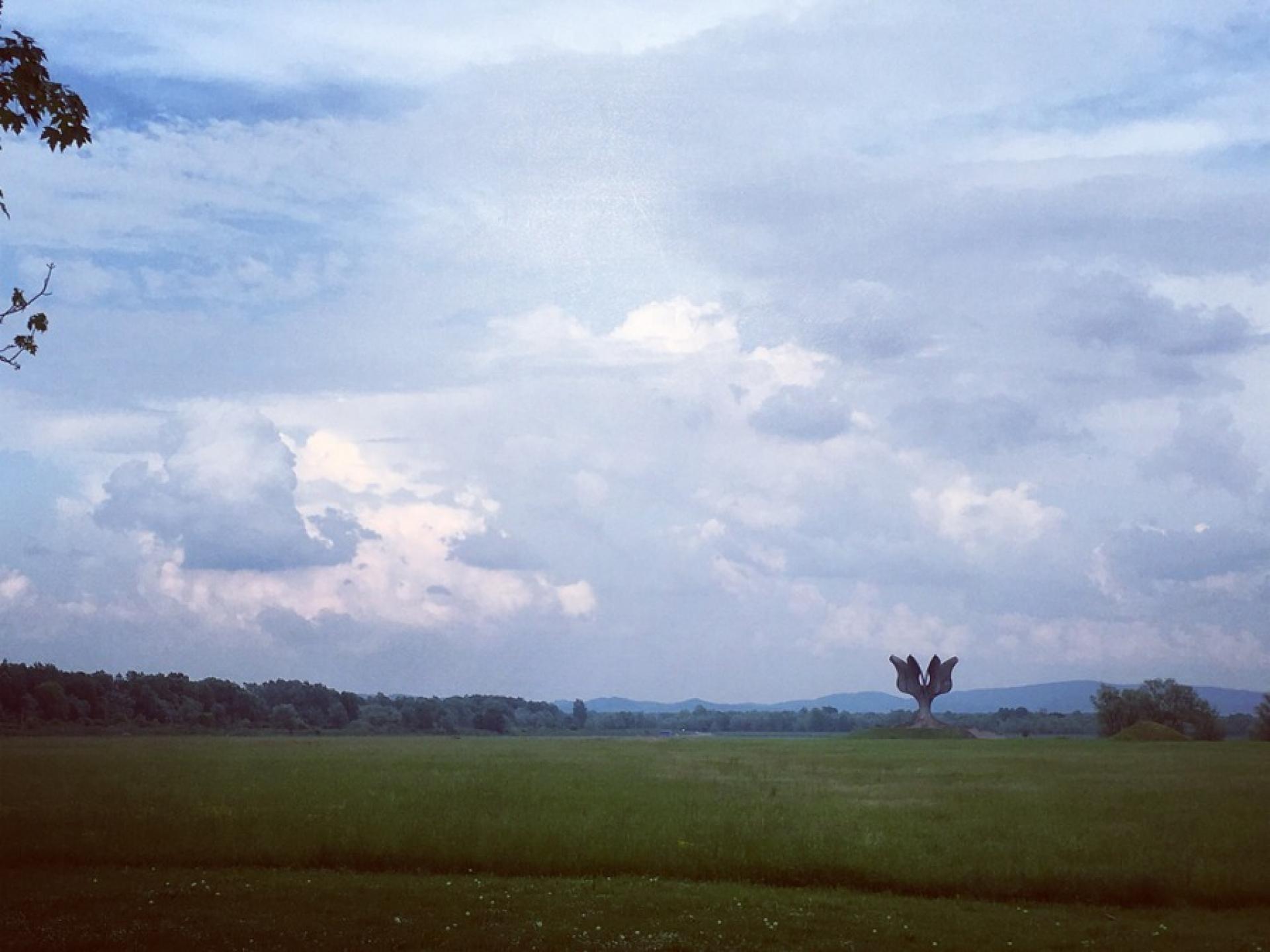
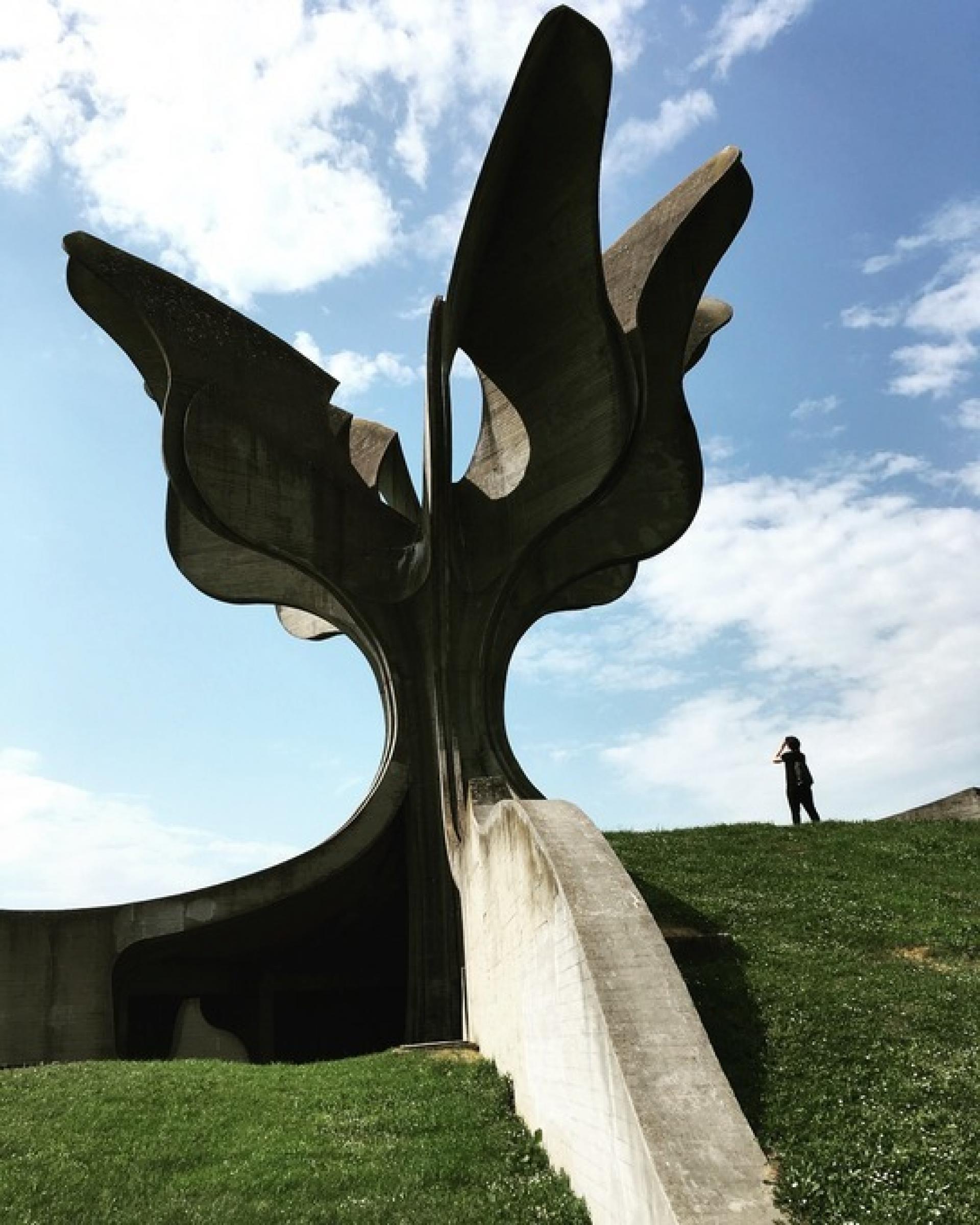
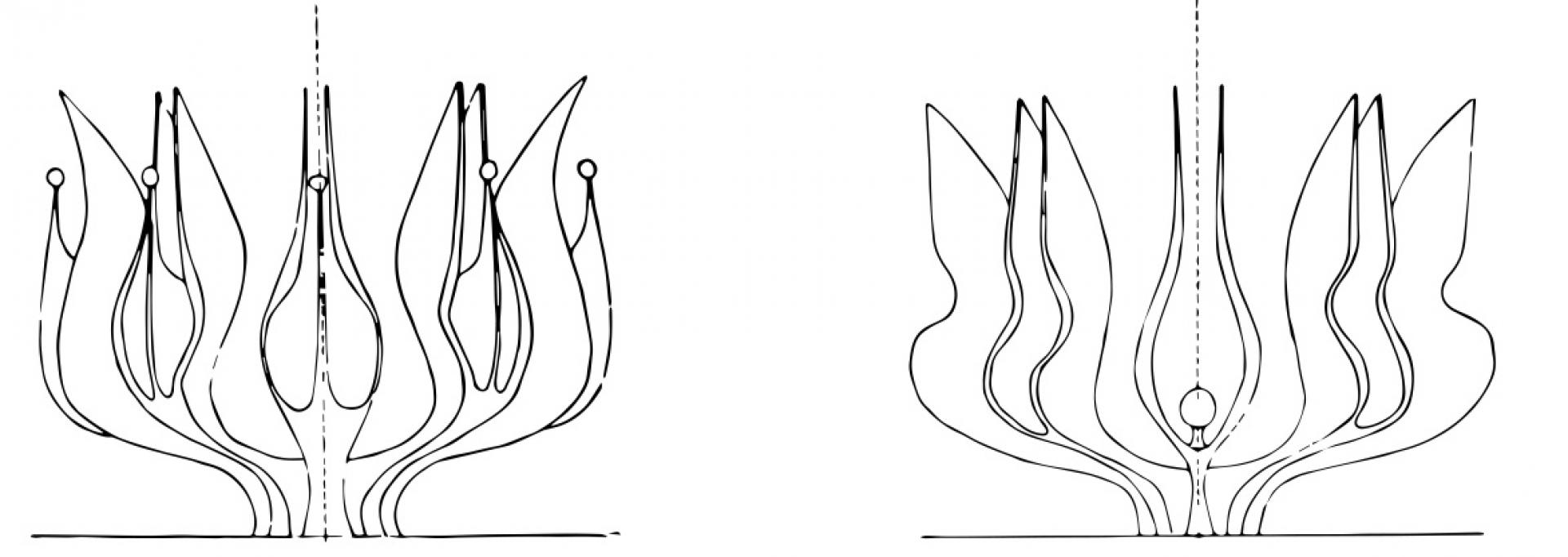
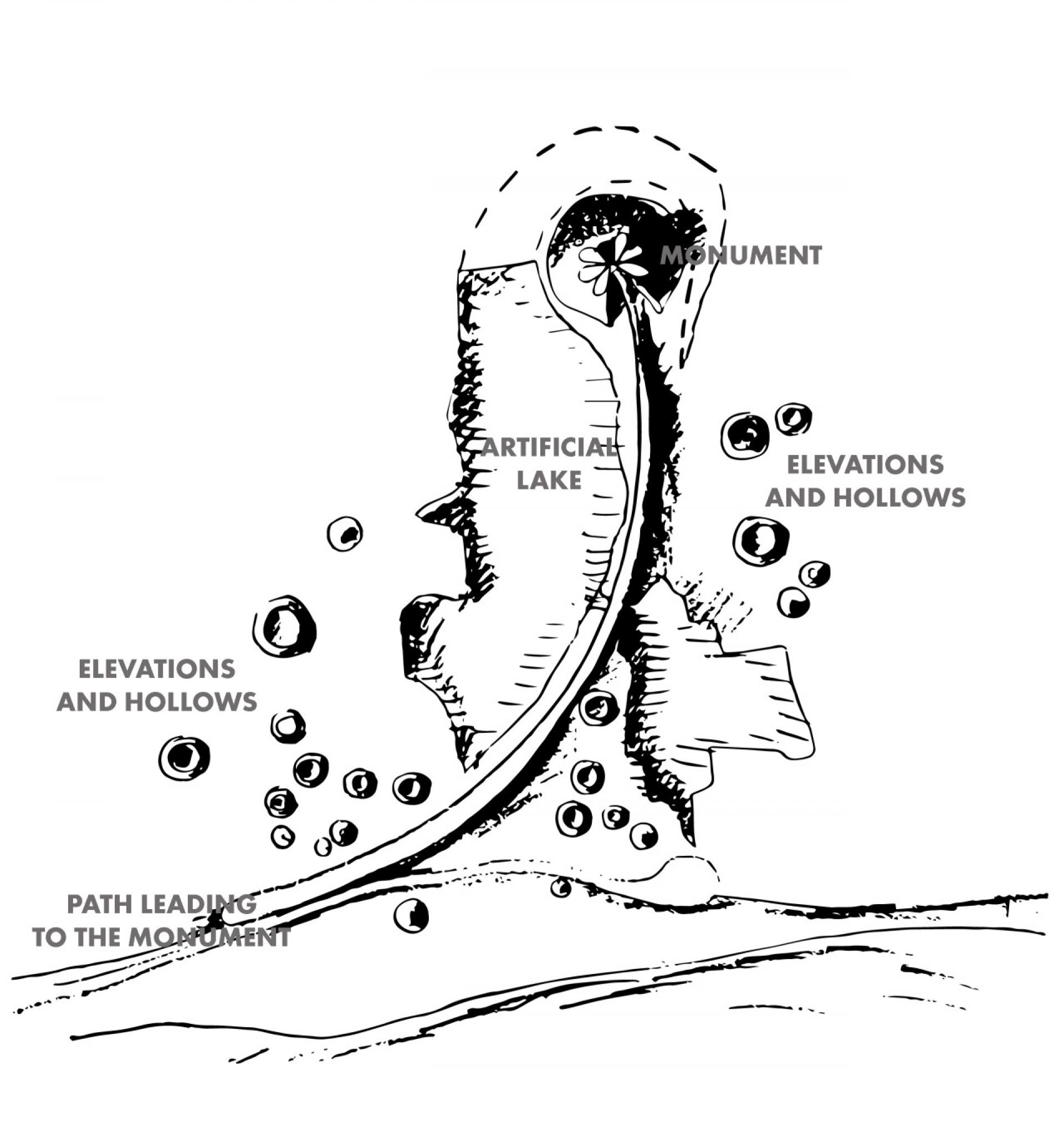
Memorial complex at the site of Jasenovac concentration camp (1966) by Bogdan Bogdanović. | Photo analysis by Klemen Banovec
Among the authors of monuments we visited are some of the best known architects andsculptors of that time, Dušan Džamonja, Bogdan Bogdanović, Miodrag Živković and Svetlana Kana Radević.
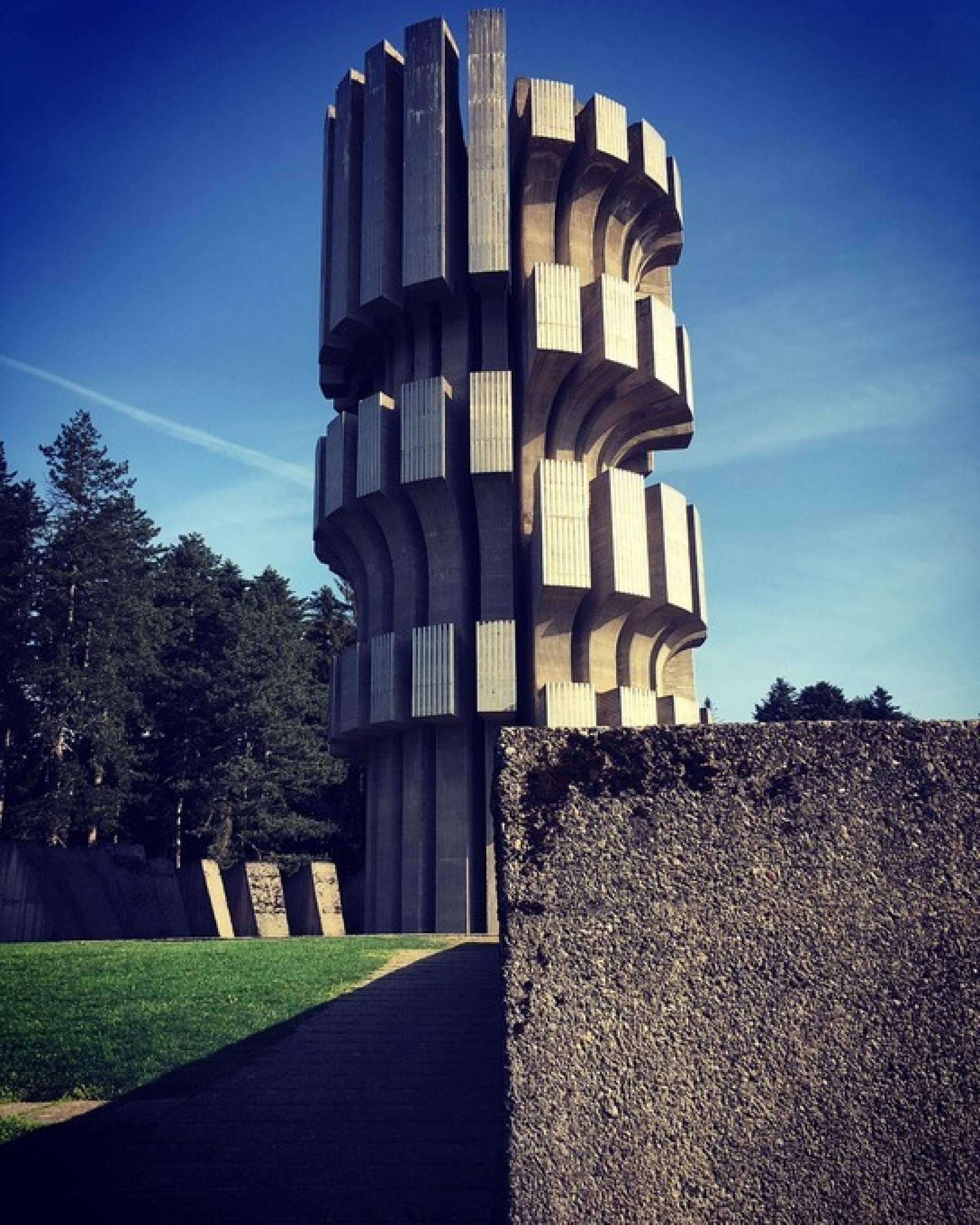
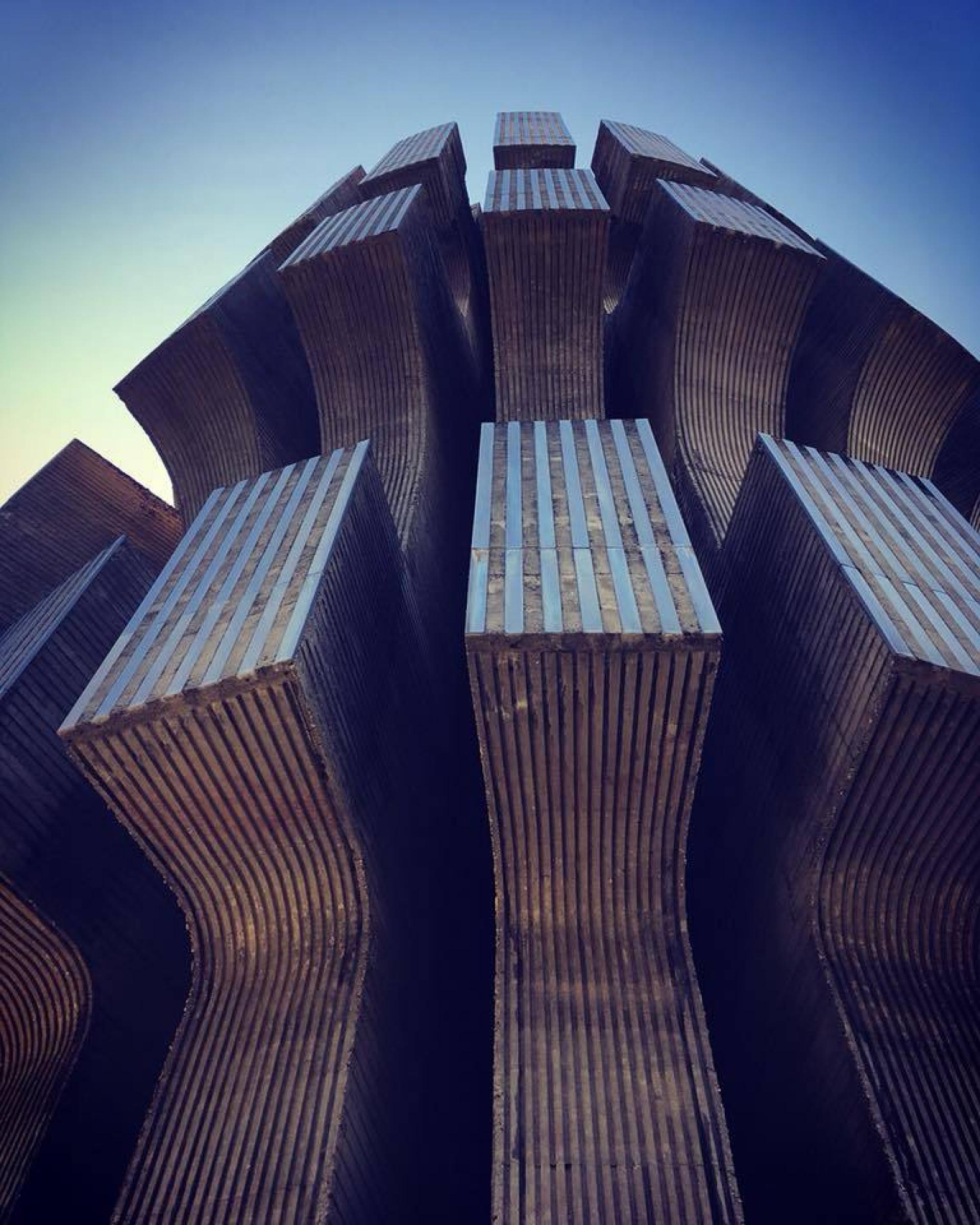
Džamonija developed a perfect structure for the Monument to the Revolution at the Mount Kozara (1972), where the sculpture is constructed as architecture.
All of the monuments we visited have some points in common. Firstly they show a particular interest for the historical background behind the commemorative sculpture (event to which it was dedicated, for what purpose, and by whom it was commissioned) and secondly they focus on the relation between the monument itself and the context where it is located.
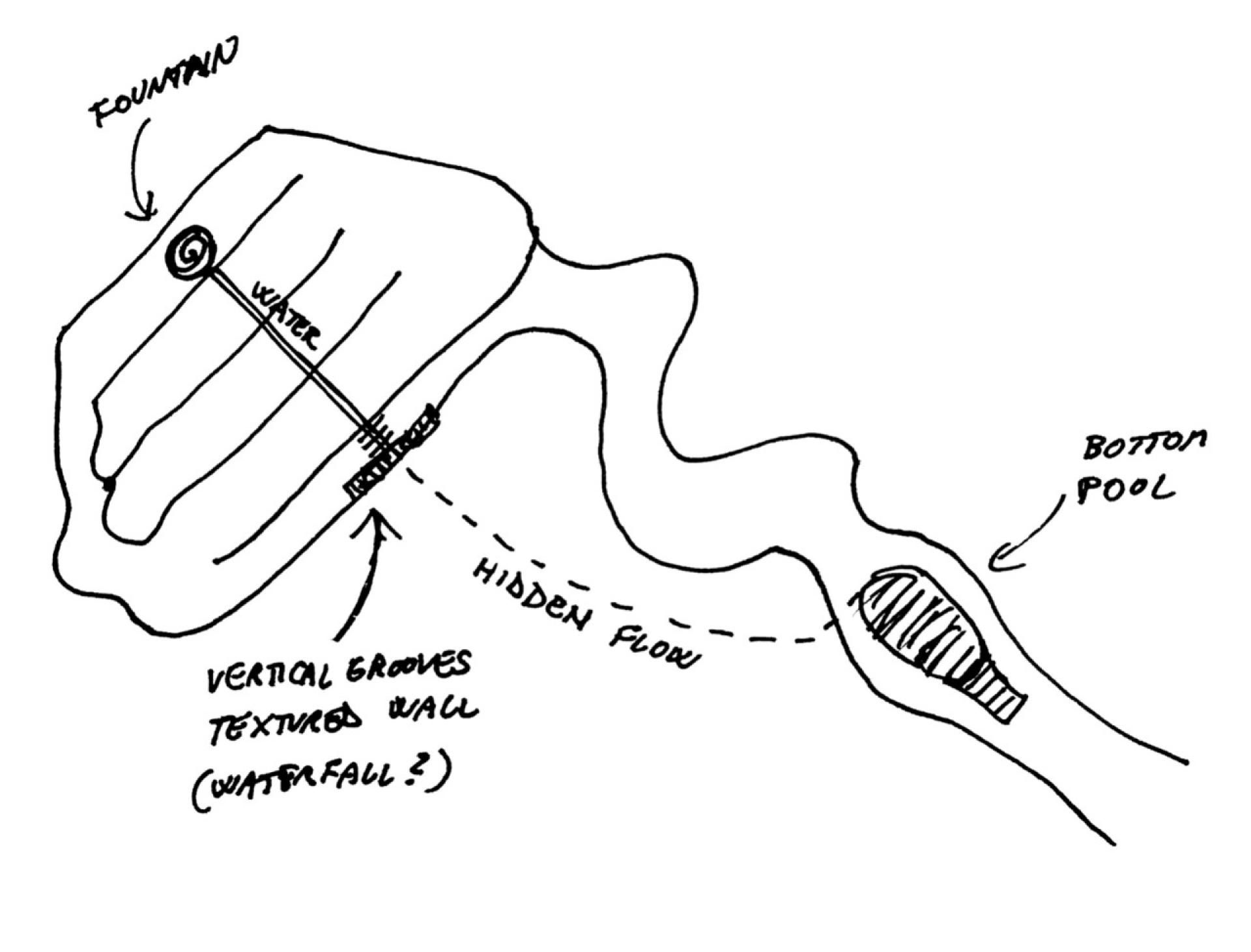
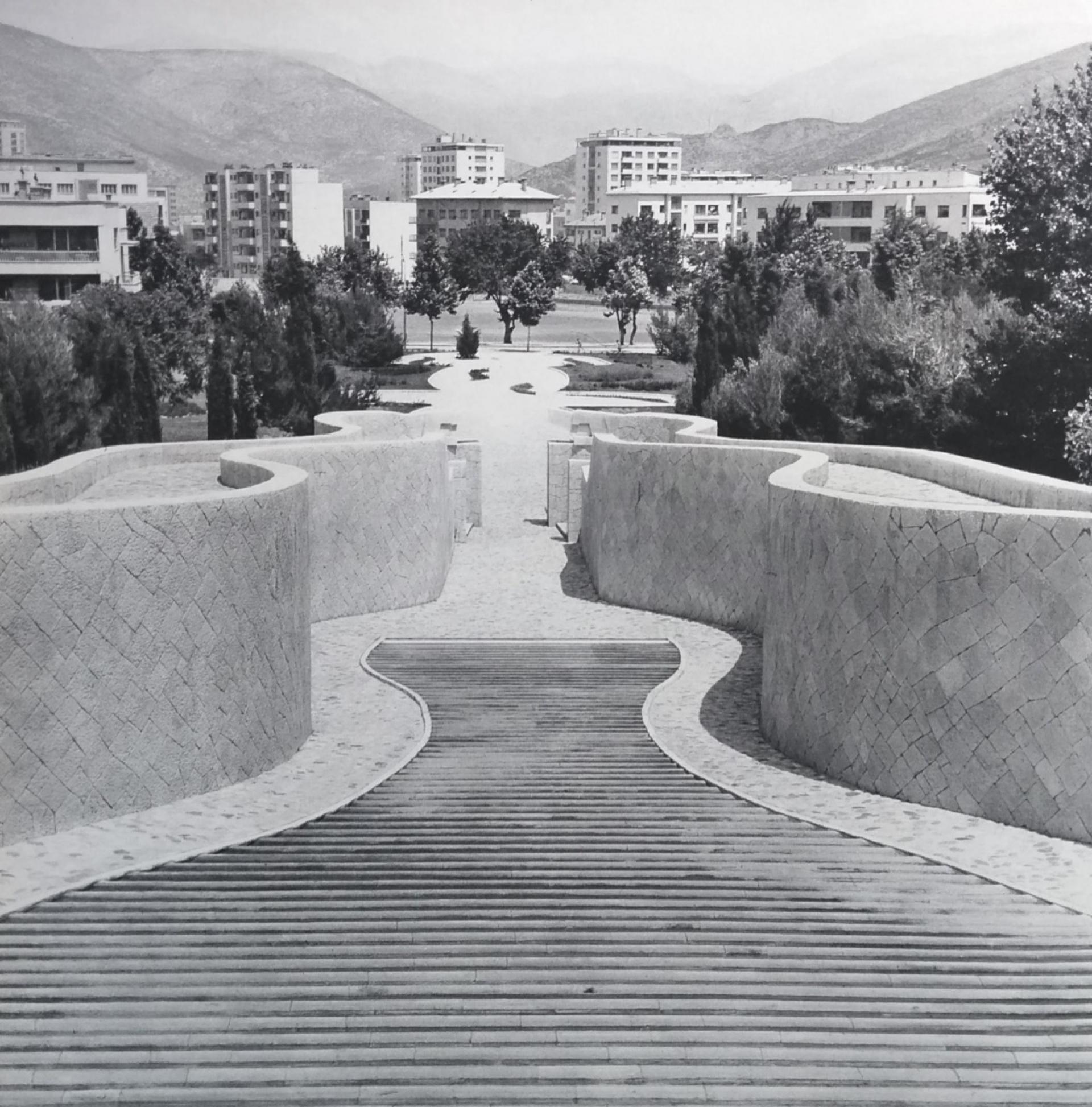
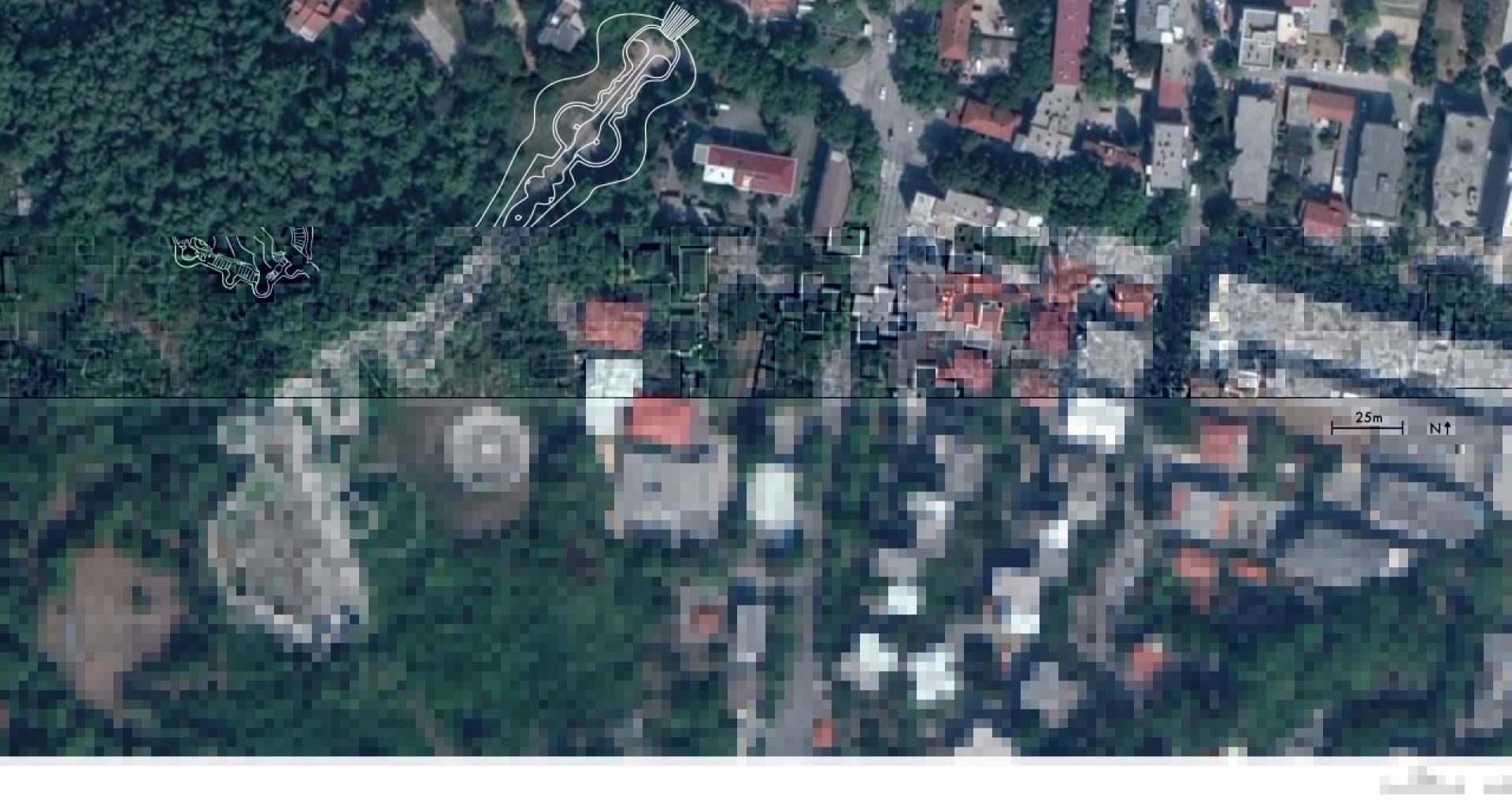
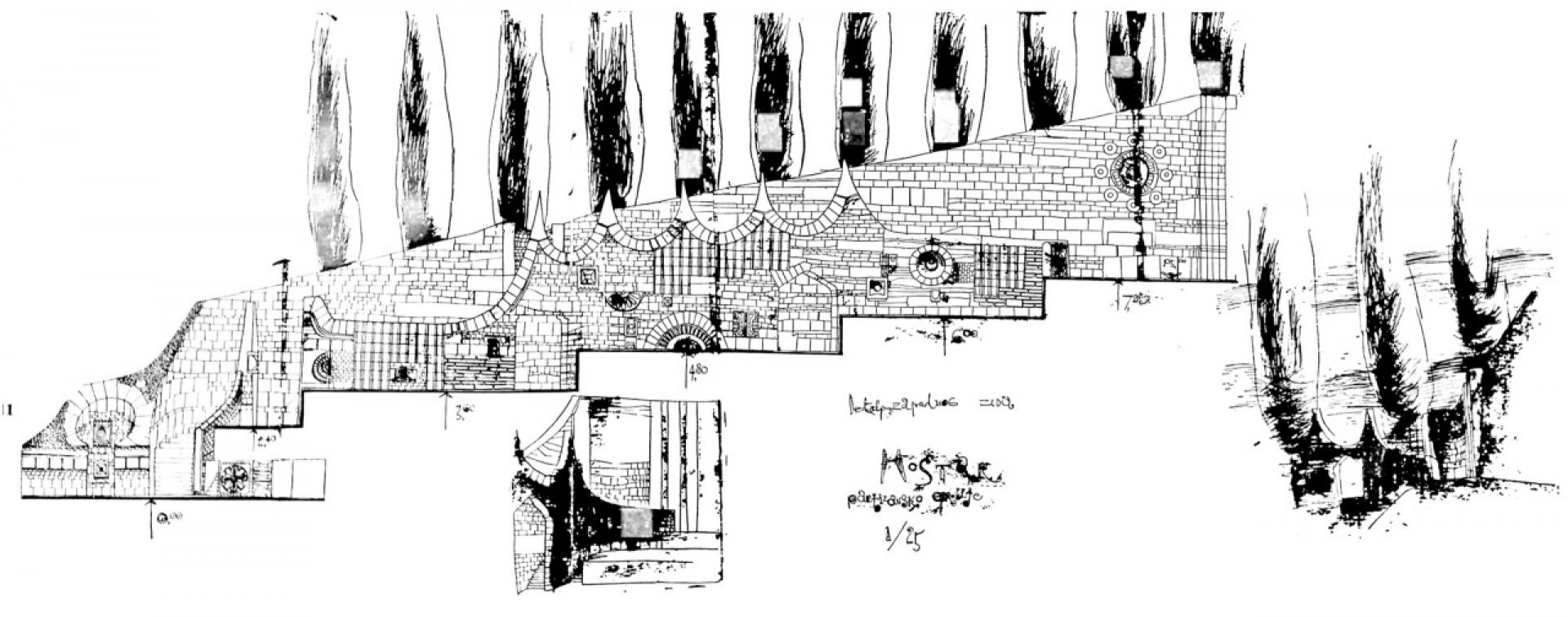
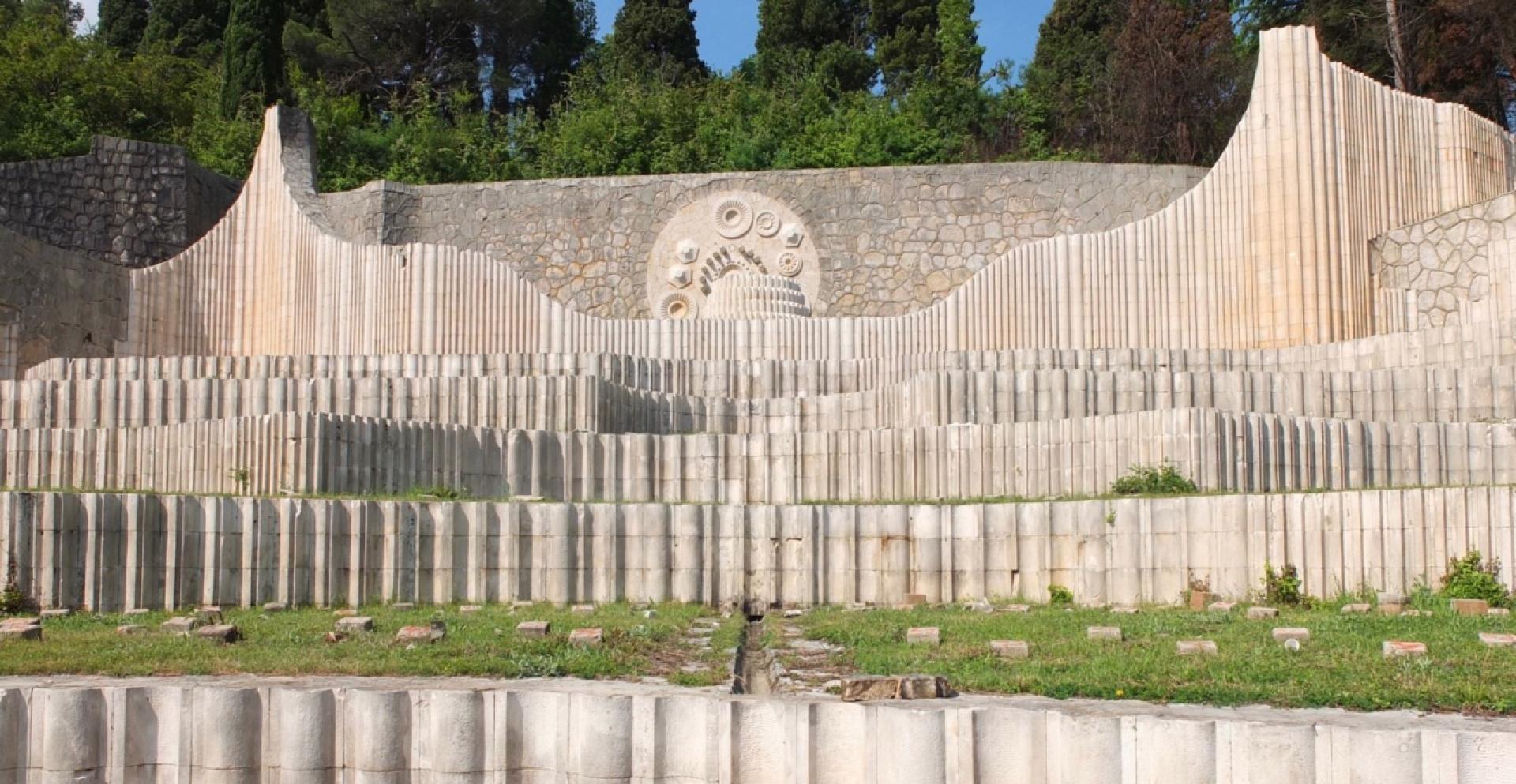
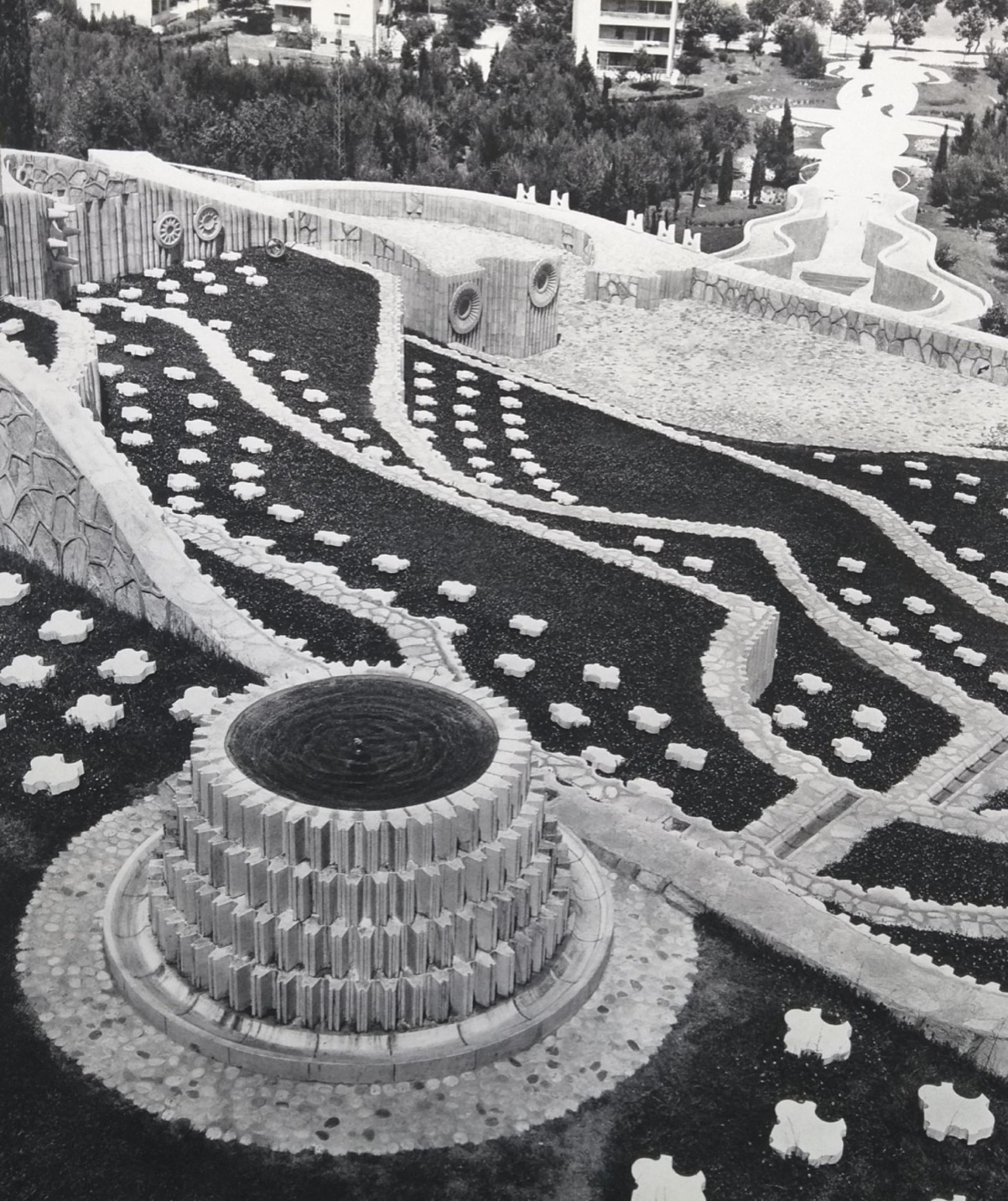
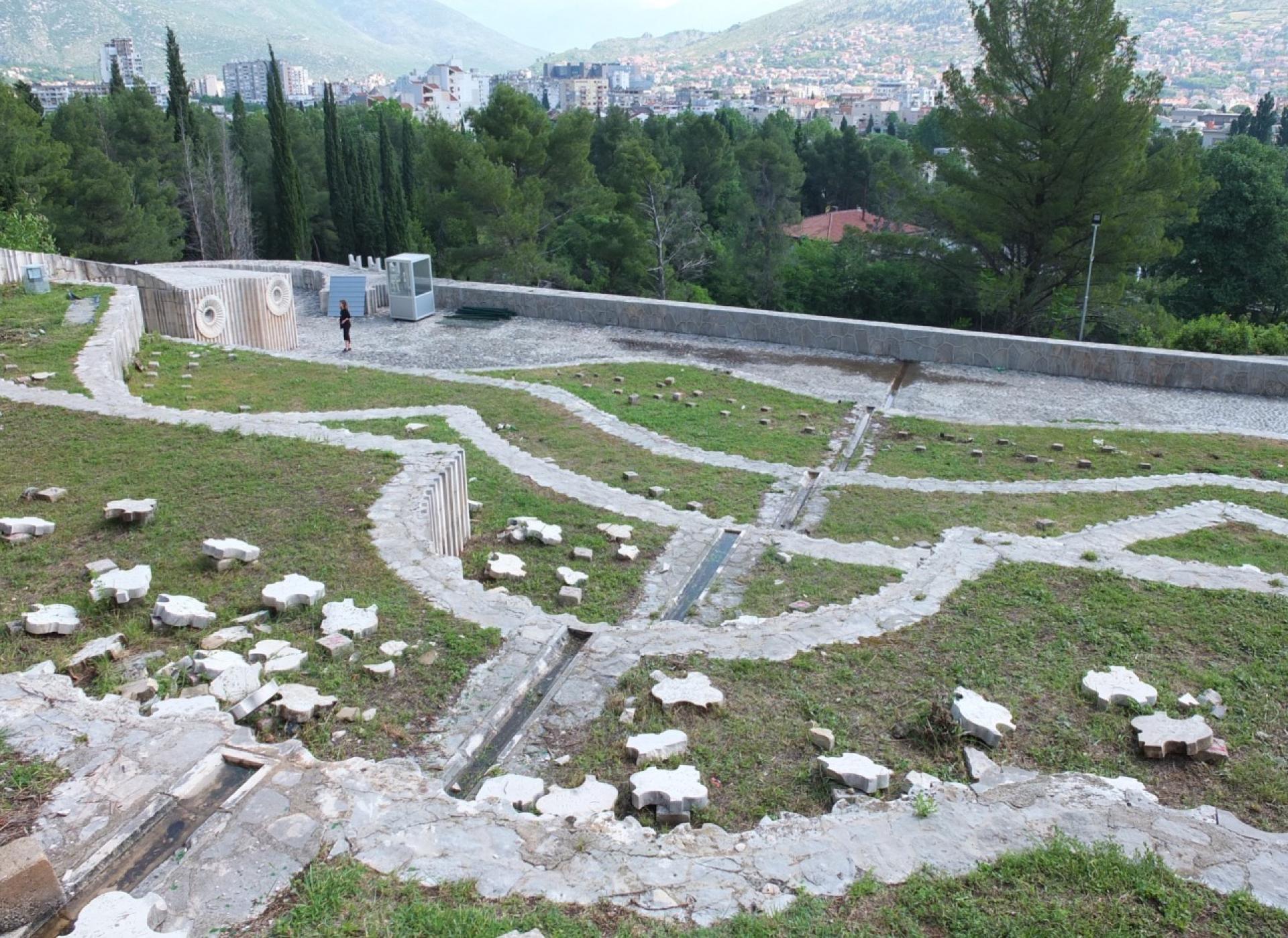
Partisan Memorial Cemetery in Mostar (1965) by Bogdan Bogdanović. | Photo analysis Peter Grudina
Usually the images one finds on the internet focus only on the sculpture, thereby ignoring its spatial context. On the contrary, the context around the sculpture was of equal importance as the monument itself: this is evident by the fact that usually these sculptural elements were part of bigger memorial complexes, thus forming memorial zones or parks and were typically positioned at the actual location of the event they commemorate.
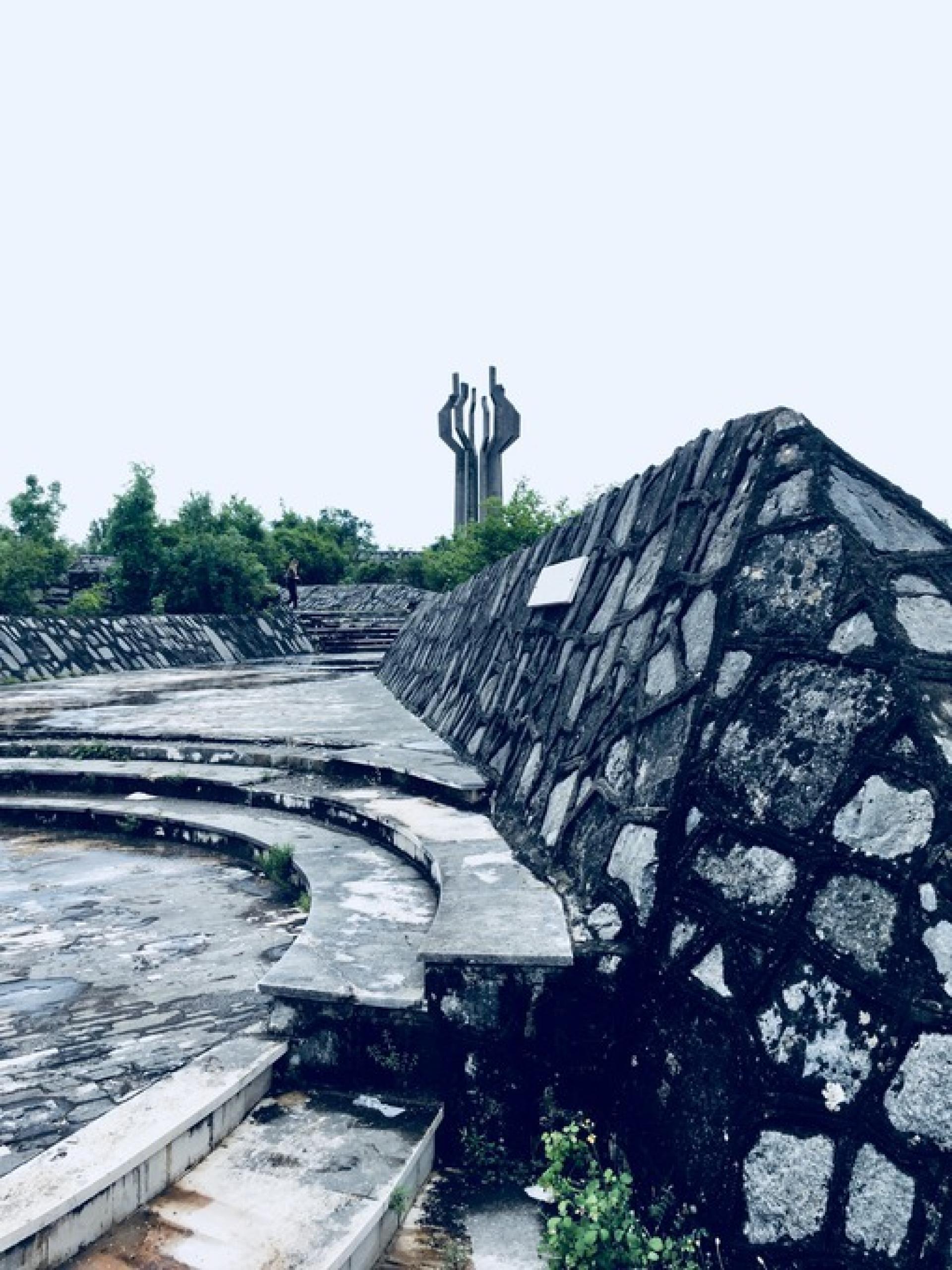
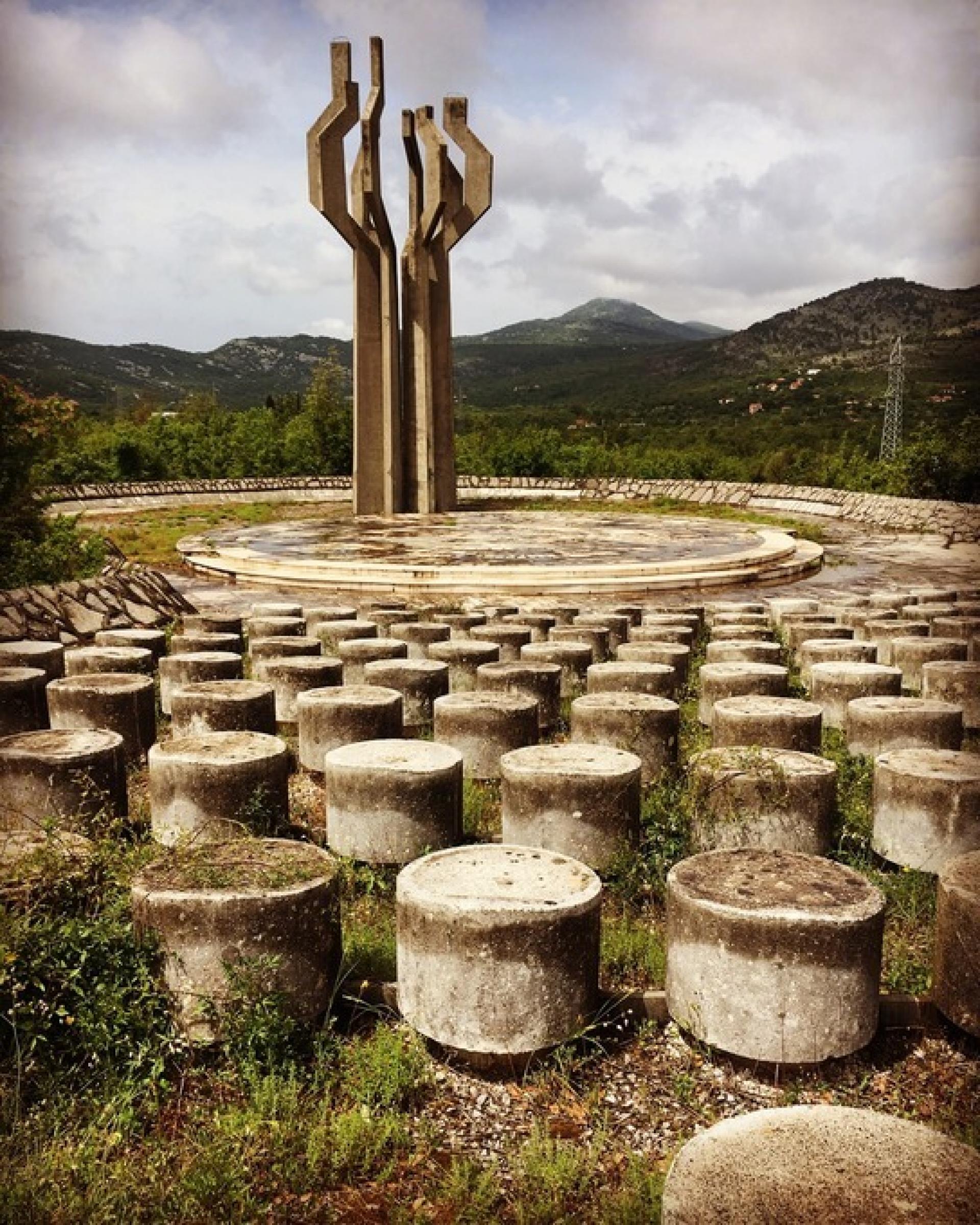
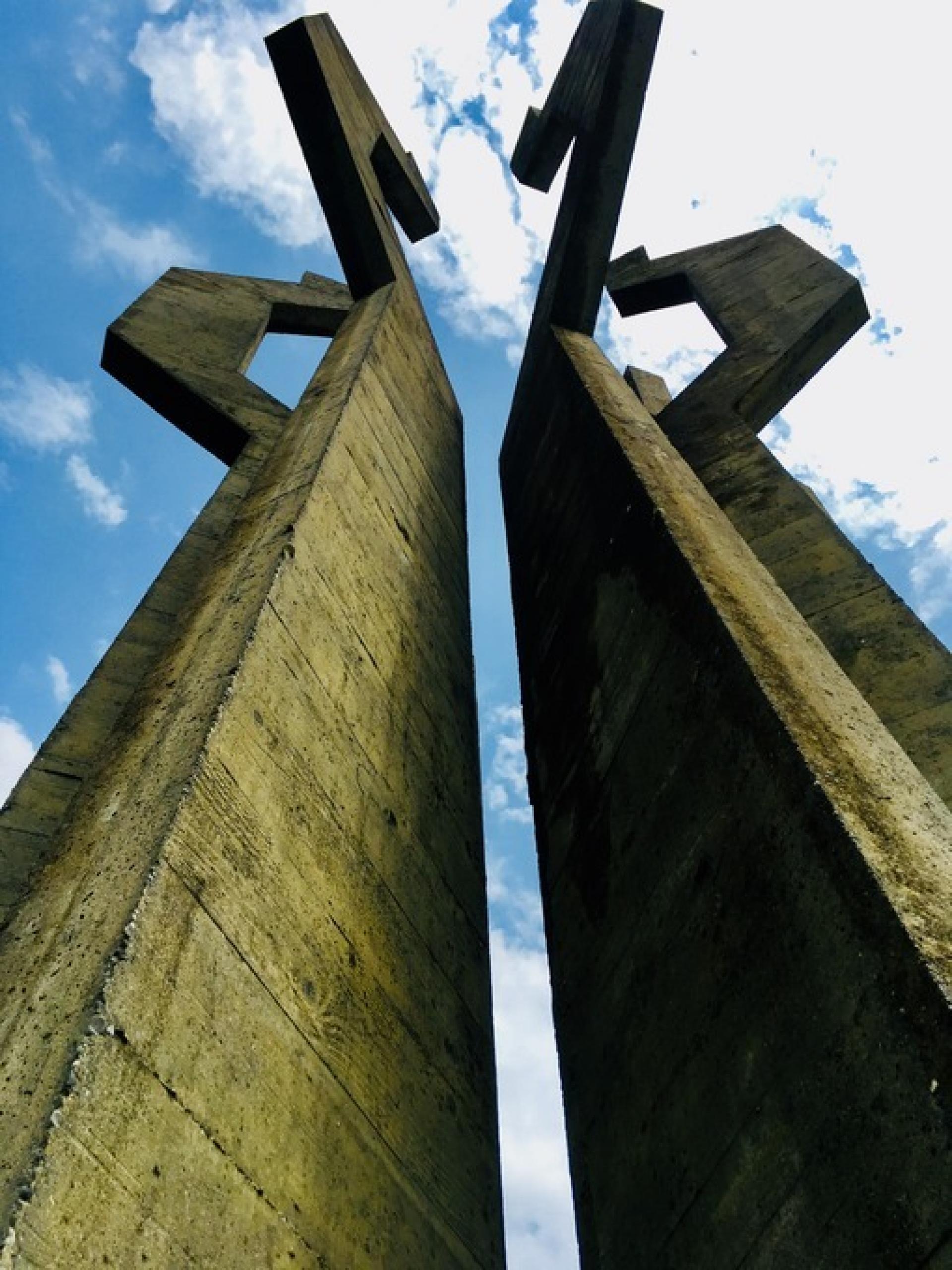
Monument to the Fallen Soldiers of Lješanska Nahija (1975) was designed by Svetlana Kana Radević.
Through the five chosen masterpieces we research how the monuments were located in a wider - in all these cases natural - landscape: what comes up is the particular interest of the authors on the relation between man and sculpture, the body of the visitor moving in the landscape and the visitor’s peripatetic view on the commemorative sculpture. Through the monument the site itself is redefined and this redefinition becomes part of the whole content of the work: not only the sculpture carries the symbolic and historical meaning but the site too.
As Zdenko Kolacio, one of the most proliphic architects of monuments and memorial said "the monument serves to give a permanent mark to the site of crucial events."
We also visited…
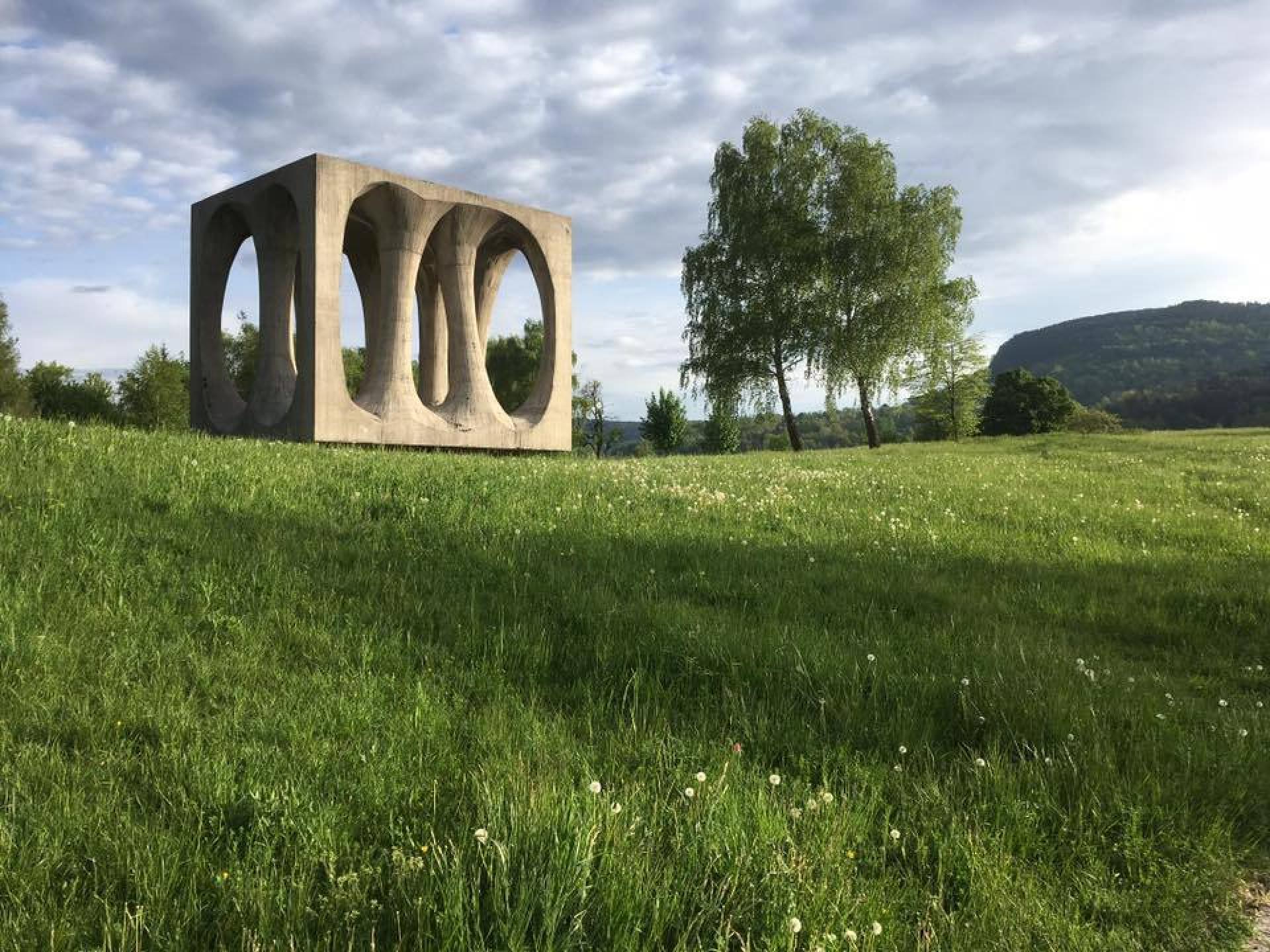
Monument to the Fallen Partisans at the Freedom Hill (1965), Ilirska Bistrica, Slovenia by sculptor Janez Lenassi and architect Živa Baraga.
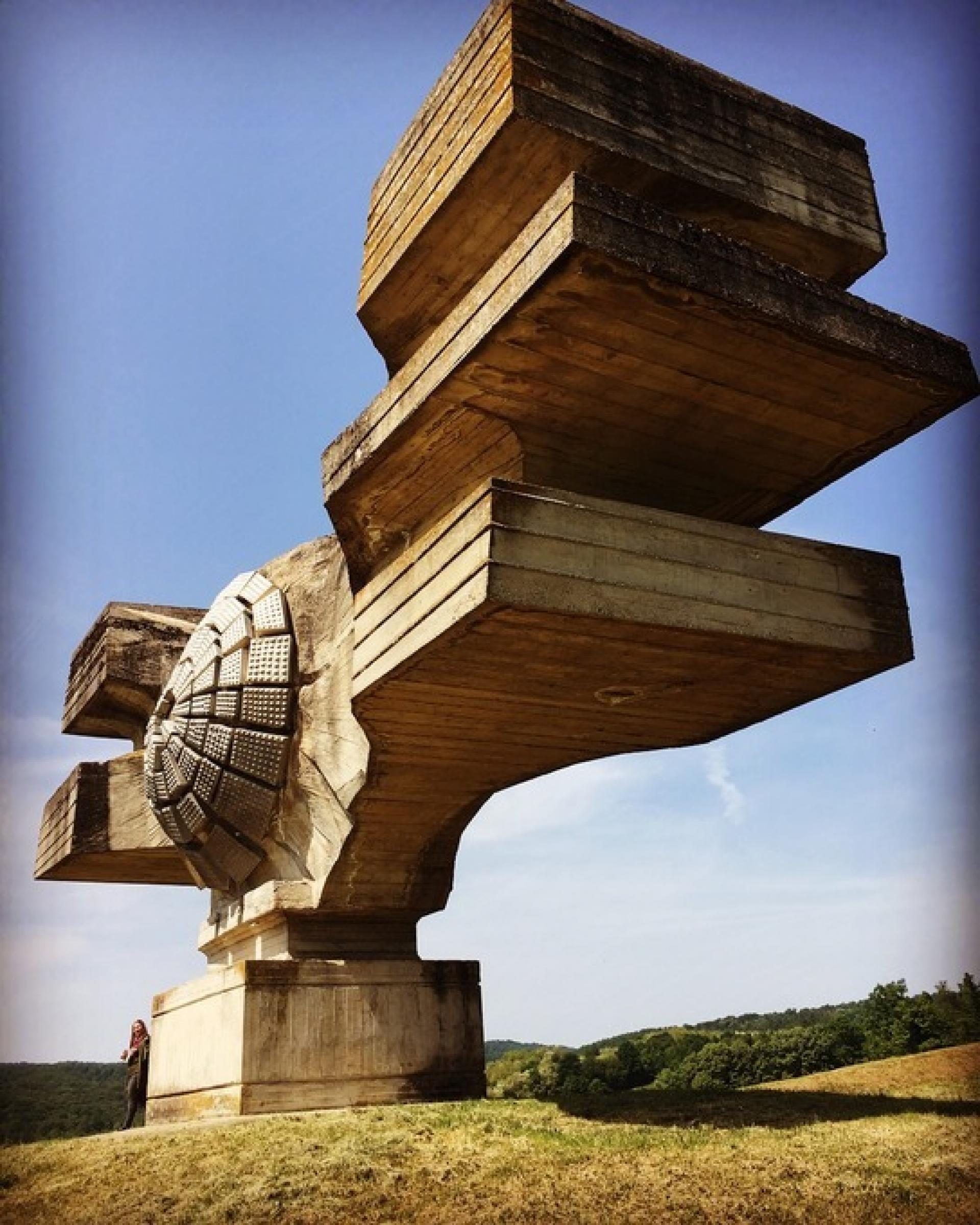
Monument to the Revolution of the People of Moslavina (1967) by Dušan Džamonija in collaboration with architect Vladimir Veličković, Podgarić, Croatia.
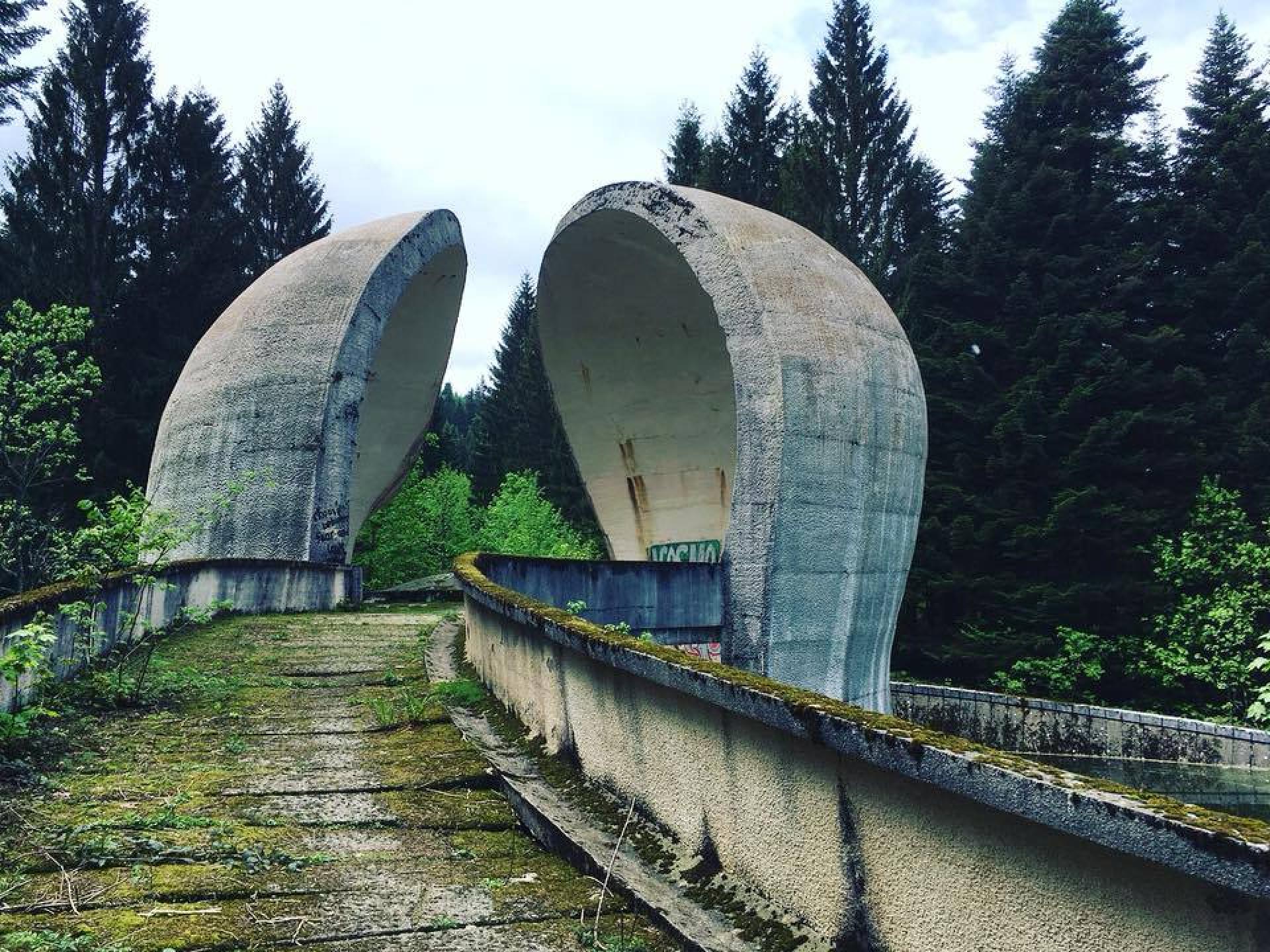
Monument to the Bosanska Krajina Partisan Hospital (1979) by sculptor Ljubomir Denković and architect Sava Subotin, Korčanica Memorial Area of Grmeč Mountain, Bosnia & Herzegovina.
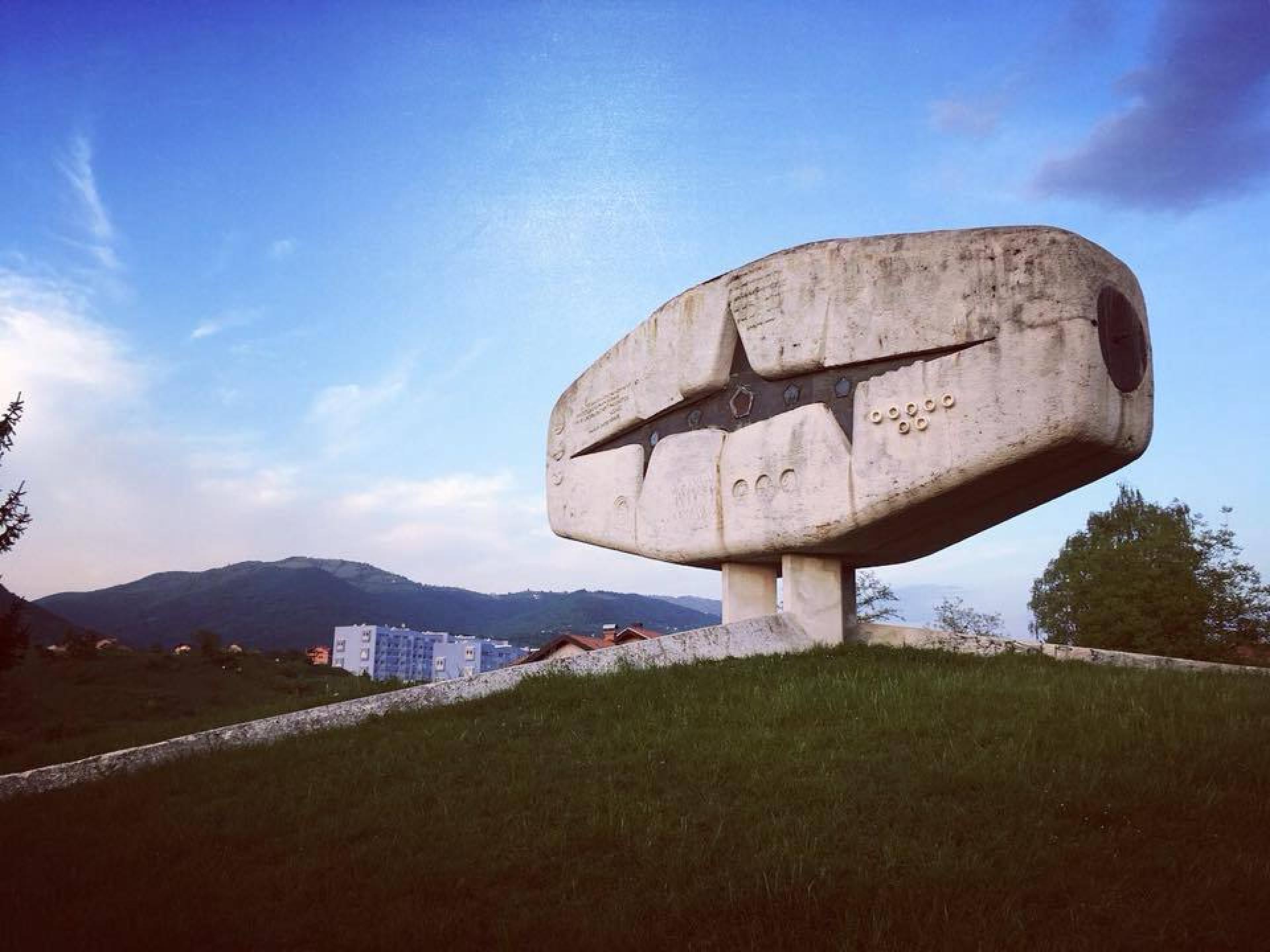
Monument to the Fallen Fighters of Peoples’ Liberation War (1969) by sculptor Petar Krstić and architect Zlatko Ugljen, Vogošća, Bosnia & Herzegovina
—
Prepared by Vida Rucli, dr. Luka Skansi and dr. Sanja Hrovatinčić; students Zala Koleša, Andraž Podvez, Klemen Banovec, Peter Grudina.
Literature
Horvatinčić, Sanja (2012): Peculiar Case of Spomeniks. Monumental Commemorative Sculpture in former Yugoslavia Between Invisibility and Popularity. II Lisbon Summer School for the Study of Culture; Peripheral Modernities.
Kolacio, Zdenko, and Aleksandar Karolyi (1984): Spomenici i obilježja, 1953-1982. Globus.